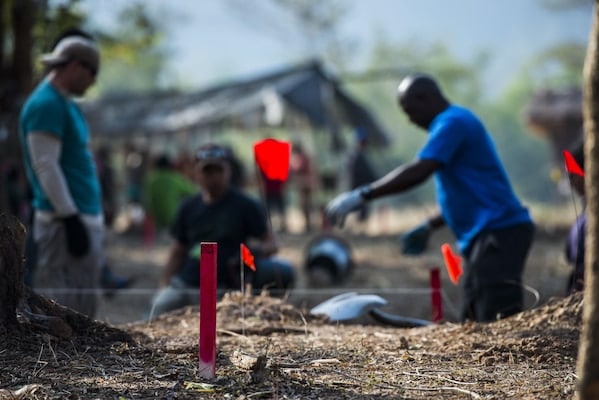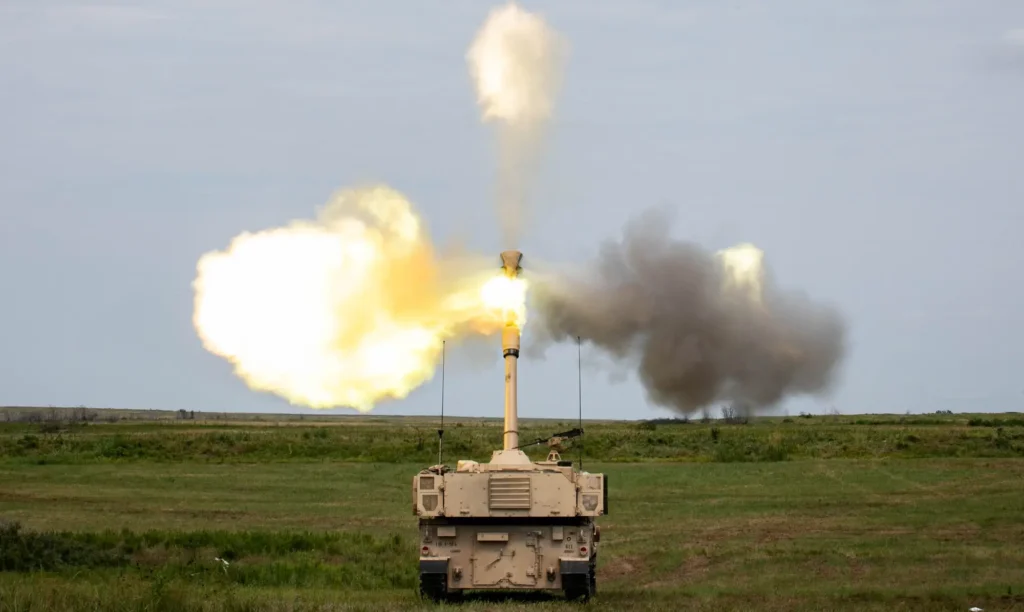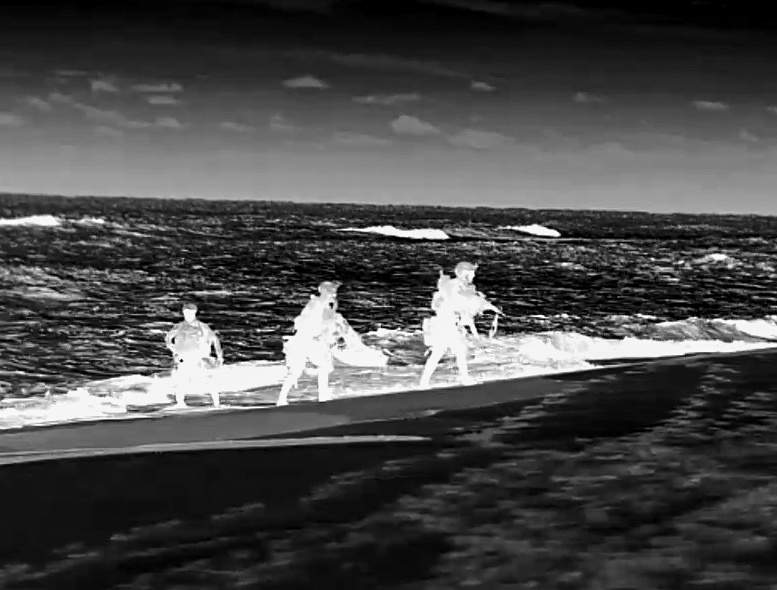What is the Defense POW/MIA Accounting Agency?
- By Sandboxx
Share This Article

The Defense POW/MIA Accounting Agency, or DPAA, is exactly what its title says: a U.S. Department of Defense agency charged with accounting for and recovering (different than rescue) U.S. military personnel listed as Prisoners Of War (POW), or Missing In Action (MIA). This mission is global in reach. In the agency’s own words, the DPAA exists “to provide the fullest possible accounting for our missing personnel to their families and the nation.“

As stated on their homepage, the DPAA defines personnel accounting:
“When American personnel remain captive, missing, or otherwise unaccounted-for at the conclusion of hostilities, the DoD accounting community becomes the responsible agent for determining the fate of the missing and where possible, recovering them alive or recovering and identifying the remains of the dead.”
“For those killed-in-action, the accounting community is charged with locating, recovering and identifying their remains. More than 81,900 Americans remain missing from World War II, the Korean War, the Cold War, and the Vietnam War.”

The DPAA was formed in January of 2015. The agency was born from three former entities: the Joint POW/MIA Accounting Command (JPAC), the Defense Prisoner of War/Missing Personnel Office (DPMO), and parts of the U.S. Air Force’s Life Sciences Lab. The agency is headquartered in Washington, D.C., with laboratories and operational hubs located at Offutt Air Force Base, Nebraska, and Joint Base Pearl Harbor-Hickam, Hawaii.
The agency is currently directed by Kelly McKeague. Its projected budget for FY2021 is just shy of $130 million. The DPAA works closely with The Henry M. Jackson Foundation for the Advancement of Military Medicine, Inc.

The Joint POW/MIA Accounting Command, or JPAC — which was deactivated with the activation of the DPAA in 2015 — was a Defense Department command primarily tasked with achieving the fullest possible accounting of all Americans missing as a result of the nation’s past conflicts. The unit’s motto was even “Until they are home.” JPAC was based at Joint Base Pearl Harbor-Hickam, Hawaii, and its recovery functions are perhaps what the command is best known for.
Another of the agencies that was folded into the newly stood-up DPAA in 2015, was the Defense Prisoner of War/Missing Personnel Office, or DPMO. Also a Department of Defense office, the DPMO provided Department-level management of all POW/MIA activity and reported to the Undersecretary of Defense for Policy. That centralized command and control manifested in a broad variety of ways, from providing intelligence requirements to the Defense Intelligence Agency to maintaining open lines of communication with families, veterans’ and POW/MIA organizations, and the U.S. Congress.
The DPAA now includes all of these tasks under its umbrella, guaranteeing that America fights to maintain its promise to never leave a servicemember behind.
Featured image courtesy of dpaa.mil.
Related Posts
Sandboxx News Merch
-

‘AirPower’ Classic Hoodie
$46.00 – $48.00 Select options This product has multiple variants. The options may be chosen on the product page -

‘Sandboxx News’ Trucker Cap
$27.00 Select options This product has multiple variants. The options may be chosen on the product page -

F-35 ‘Lightning’ Framed Poster
$45.00 – $111.00 Select options This product has multiple variants. The options may be chosen on the product page

Sandboxx
The editorial team at Sandboxx.
Related to: Military Affairs

The US Army knows it has artillery problems. Now, it just needs to fix it

In 1980, the US Army feared Russian tanks were invincible

Breaking out of a POW camp on a Russian helicopter

This is how Navy SEALs conduct “over-the-beach” operations
Sandboxx News
-

‘Sandboxx News’ Trucker Cap
$27.00 Select options This product has multiple variants. The options may be chosen on the product page -

‘AirPower’ Classic Hoodie
$46.00 – $48.00 Select options This product has multiple variants. The options may be chosen on the product page -

‘AirPower’ Golf Rope Hat
$31.00 Select options This product has multiple variants. The options may be chosen on the product page -

‘Sandboxx News’ Dad Hat
$27.00 Select options This product has multiple variants. The options may be chosen on the product page
